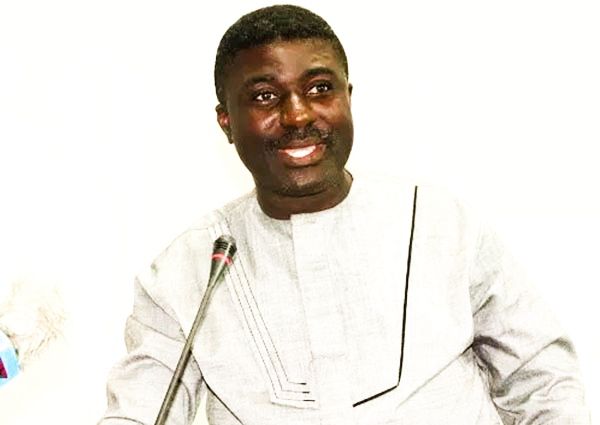
EC begins first stakeholder ROPAA engagement in Western Region
The first in the series of regional consultations by the Electoral Commission (EC) on the operationalisation of the Representation of the People Amendment Act (ROPAA) 2006 (Act 699), which gives Ghanaians in the diaspora the right to vote, began last Monday in Sekondi/Takoradi in the Western Region.
The EC stakeholder engagements with participants from the Western Region is in fulfilment of its constitutional mandate to implement the law.
Advertisement
Participants
The participants at the stakeholder engagement included a five-member EC ROPAA Committee team led by Dr Bossman Eric Asare, the EC Deputy Chairman in charge of Corporate Services; Dr Benjamin Kumbuor, a leading member of the National Democratic Congress (NDC); and Reverend Dr Ernest Adu Gyamfi of the National Peace Council.
Others are Professor Ransford Gyampo of the University of Ghana and Mr Kofi Akpaloo, leader of the Liberal Party of Ghana (LPG), representing the other minority political parties.
Other political party representatives who participated were the New Patriotic Party (NPP), NDC, Convention People’s Party (CPP), Progressive People’s Party (PPP) and the People’s National Convention (PNC).
Representatives from the security services, civil society organisations, religious leaders, People with Disability (PWD), media practitioners and a section of the public also took part in the discussions.
Right to vote
Addressing the participants, Dr Asare stressed that the right to vote was not absolute and that one needed to justify why he or she must vote.
The chairman further explained that the issue of legality played a vital role in the ROPAA Act and, therefore, cautioned participants on the need to be careful to avoid the promotion of illegalities since it had the tendency of putting some Ghanaians in trouble.
The chairman of the committee also cautioned them to be mindful of the cost implication, which he said was a determining factor in deciding the number of registration centres that could be created.
Issues discussed
Some of the participants believed that the current ROPAA Act had the tendency of disenfranchising many qualified Ghanaians.
They also expressed what they called the growing trend of some non-Ghanaians acquiring Ghanaian passports.
The committee members, however, explained that there was an avenue to challenge any unqualified person who tried to register as a voter as was the case in Ghana.
On the issue of challenging applicants who wanted to register as voters, Dr Kumbuor cautioned against making the law fluid as loopholes might be created since the international scenario was different.
Other issues discussed were the appointment of registration and election officials, mode and frequency of registration, designs of registration forms, challenges at registration, handling registration challenges, petition against decisions of the overseas registration review committees and exhibition of the voters register.
The Western Region participants also discussed objection to inclusion of names on the register, handling objections, supply of copies of register of overseas voters to political parties, registration and election offences and punishment for breaches of registration and election rules.
A member of the committee, Mr Kofi Akpaloo, advised the EC to take into consideration the exact number of polling stations to be created.



